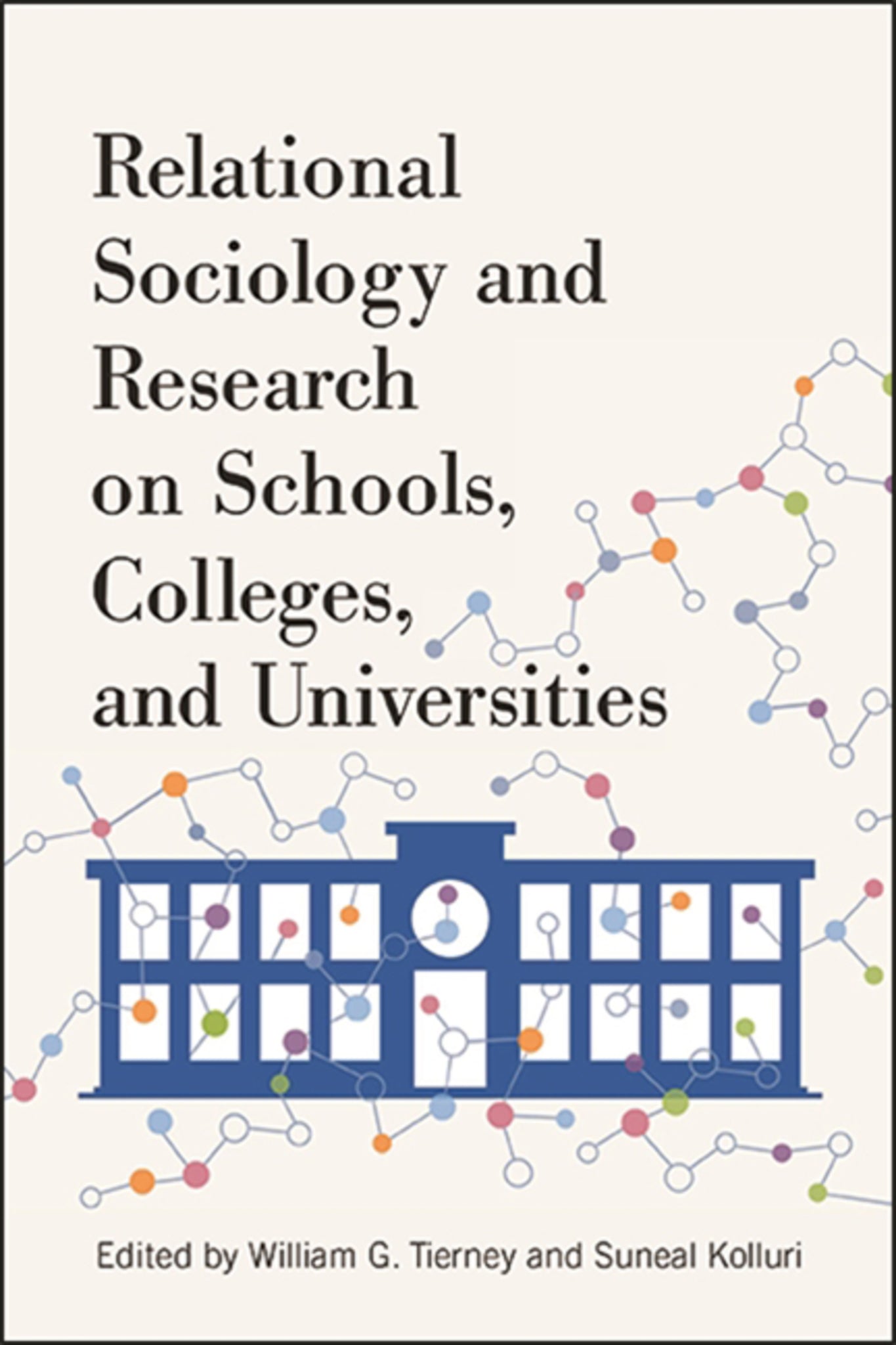We're sorry. An error has occurred
Please cancel or retry.
Relational Sociology and Research on Schools, Colleges, and Universities

Some error occured while loading the Quick View. Please close the Quick View and try reloading the page.
Couldn't load pickup availability
- Format:
-
01 May 2020

Brings relational sociology to bear on educational research.
Relational sociology was conceived by theorists frustrated by what they viewed as an incomplete accounting of social reality. Torn between notions of structural rigidity, on the one hand, and rational choice individualism, on the other, relational sociologists have sought new units of analysis. Social reality, they have argued, is manufactured through relationships. People are who they are, and society is what it is, not because of some individual or collective "essence" but because of the networks that social beings build among one another.
Relational Sociology and Research on Schools, Colleges, and Universities demonstrates the value of introducing new relational methods and epistemologies in educational research. The contributors examine the roles and significance of ongoing transactions among connected social actors-students, peers, families, teachers-in a variety of institutional contexts. The book explores various uses and applications of relational sociology in education, while highlighting its promise to provide fresh insight into intractable problems of inequity in US schools.


"This is a must read for anyone seeking to understand the inequity that currently exists in the US educational system, as well as a sensibly researched path for improvement." — CHOICE
"I have read few books in my lengthy career where I said to myself: It's long past time for both scholars and practitioners in the field of education to embrace this innovative theoretical lens both in their scholarship and their everyday practices. But this is such a book. It will be a needed 'awakening' for most scholars and practitioners and, in turn, is likely to have a profound impact over time on their scholarship." — Clifton Conrad, coauthor of Educating a Diverse Nation: Lessons from Minority-Serving Institutions
List of Illustrations and Tables
Acknowledgments
Introduction: Education, Equity, and the Promise of Seeing Relationally
Suneal Kolluri and William G. Tierney
1. Toward a Relational Sociology of Education
Suneal Kolluri and William G. Tierney
2. Embedding Networks in Fields: Toward an Expanded Model of Relational Analysis in Education
Joseph J. Ferrare
3. Which Truths Shall We Speak to Power? Relational Sociology in Qualitative Research on Educational Stratification
Julie R. Posselt
4. Relational Sociology and Race Relations: Pushing the Conversation in Higher Education
Antar A. Tichavakunda
5. Reconsidering the Role of College Advisors as Key Relationship Brokers in High School Networks
Hoori S. Kalamkarian, anthony lising antonio, Tamara Gilkes Borr, and Jesse Foster
6. Why Study with Friends? A Relational Analysis of Students' Strategies to Integrate Social and Academic Life
Janice McCabe
7. What Can Relational Sociology Reveal about College Writing and Remediation?
Michael Lanford
Contributors
Index



